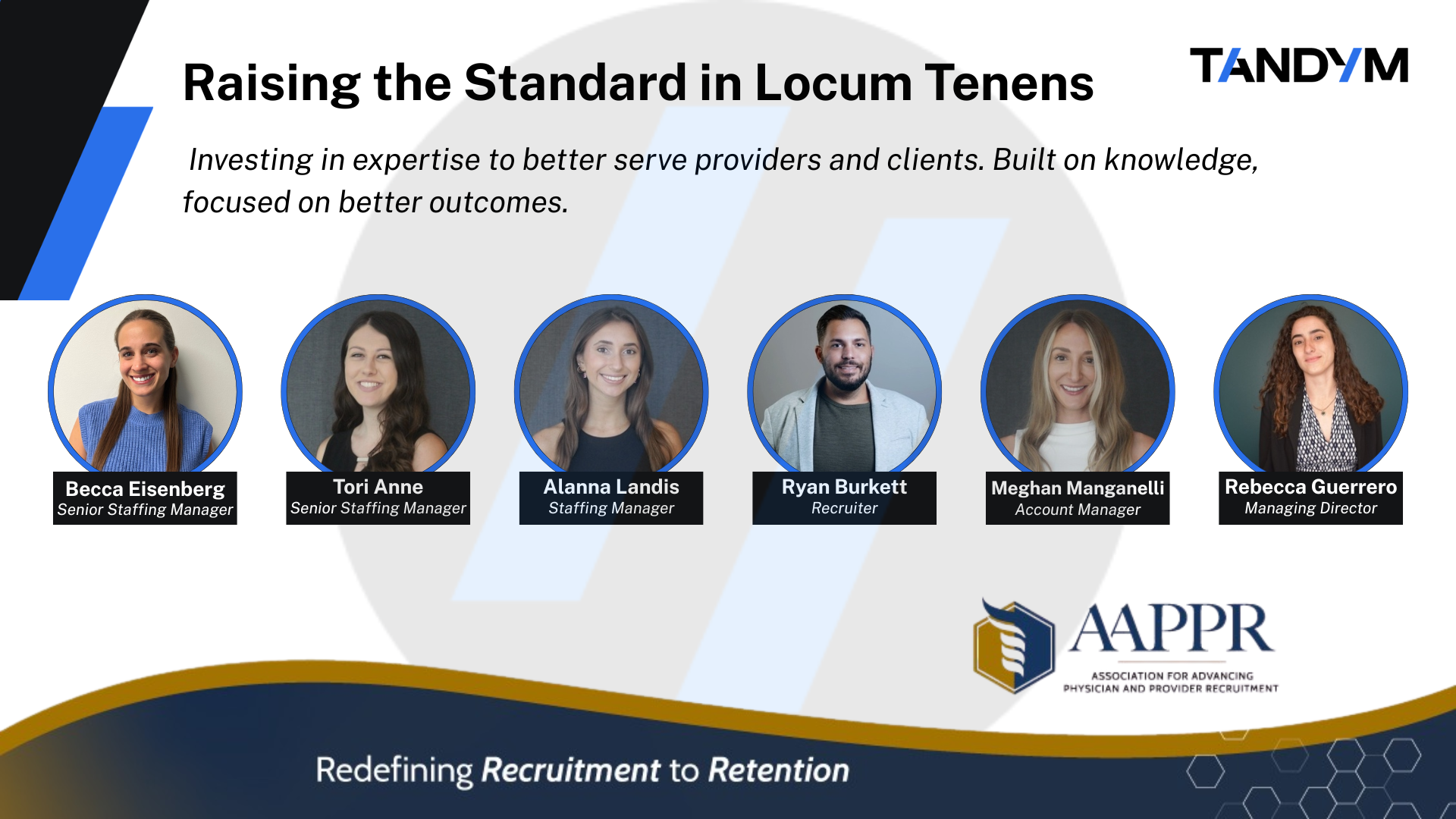“May We Contact This Employer?”: How To Answer the Inevitable Question
There are many difficult questions on job applications, but possibly few are trickier than the inevitable “May we contact this employer?” While there are plenty of reasons why a candidate may not want their supervisor to be contacted, most professionals don’t want their current employer to know that they are interviewing elsewhere. Those who have been previously laid off— an already difficult topic to address — or had a bad experience at the company may even prefer to avoid any type of contact with these former employers.
In the end, the choice is difficult either way: should you put “no” and look like you have something to hide, or answer “yes” and risk a poor reference or an unpleasant surprise for your current employer? It depends on whether the employer in question is from the past or present.
Looking for Job recruiters in NYC? Click here to learn more.
Former Employers:
Answering “no” to “may we contact this employer” without some sort of explanation can raise some red flags. This response may make them suspicious that you’re wary of a poor reference, that you could be hiding something, or that you never worked at that company in the first place. But what about those unfortunate situations in which past employers may still feel some resentment towards a hard-working employee who left for a new opportunity? Here’s what you shouldn’t do in either case: answering “no” without an explanation or lying on your resume.
If there is room on the application for a brief explanation, such as the fact that your manager no longer works at the company, be sure to include it. If there isn’t, try to include a short explanation in your cover letter or thank you note to the hiring manager. Whatever you do, however, never include misleading information on your resume. For instance, leaving a large time period blank to avoid mentioning a certain employer, may lead the hiring manager to question what you did during that time period. Should they investigate this easily verifiable information and find out you’ve lied, it could cost you more than just the job; it can hurt your professional reputation and potentially close future doors.
If you’re worried about a past employer causing problems for your job search, a more preferable option when asked, “may we contact this employer,” would be to provide the basic Human Resources phone number rather than the extension of your specific supervisor.
Current Employers:
For those who simply prefer to keep their job search quiet from their current employer until they’ve secured a position, the answer is much less complex. Most recruiters and interviewers understand that job searches can be confidential and won’t contact your current employer until they clear it with you first. So answering “no” to the question, “may we contact this employer?” isn’t uncommon or unacceptable. In fact, if you do grant them permission, they may still double check with you beforehand as a precaution. An acceptable answer, should this be the case, is “certainly—providing I’m one of the top candidates for the position.”
Looking for a NYC recruiting agency? Click here to learn more.
Remember, defamation is illegal, and in most cases employers will adhere to the questions they are legally allowed to ask. Likewise, many organizations have their own reputation to maintain, and unprofessionally bashing a former employee is a great way to sully it.
In most cases, answering “yes” will be the safest bet. But should you be wary of your past performance or of a sour past employer, make sure to tread carefully and use one of the above tips to answer the question.


